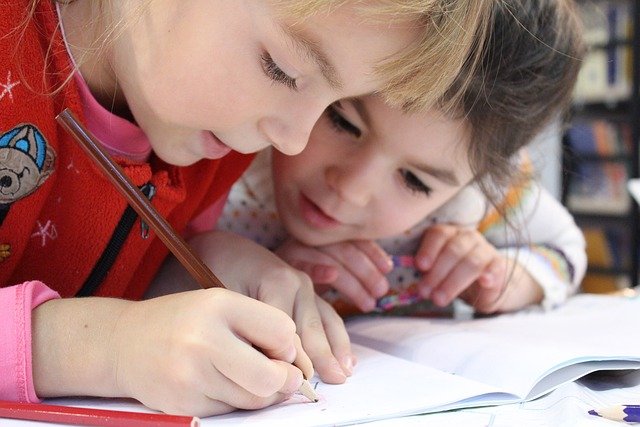Introduction:
Collaboration between schools and teacher preparation programs is essential for ensuring that educators are equipped with the knowledge, skills, and experiences needed to meet the diverse needs of today’s students. This article explores the importance of fostering collaboration between schools and teacher preparation programs and offers strategies for building strong partnerships that benefit both educators and students.

- Understanding the Importance of Collaboration:
- Highlight the mutual benefits of collaboration for schools and teacher preparation programs, including improved teacher quality, increased student achievement, and enhanced professional development opportunities.
- Emphasize the role of collaboration in bridging the gap between theory and practice, providing pre-service teachers with real-world experiences and insights into the challenges and opportunities of classroom teaching.
- Establishing Structured Partnerships:
- Develop formal partnerships between schools and teacher preparation programs, establishing clear goals, expectations, and roles for each partner.
- Design collaborative initiatives, such as co-teaching placements, mentorship programs, and professional learning communities, that promote ongoing dialogue, reflection, and collaboration between educators at all stages of their careers.
- Co-Designing Teacher Preparation Programs:
- Involve school leaders, teachers, and other stakeholders in the design and review of teacher preparation programs, ensuring that coursework, field experiences, and assessments are aligned with the needs and priorities of local schools and communities.
- Integrate authentic, hands-on learning experiences, such as internships, practicum placements, and residency programs, that immerse pre-service teachers in the realities of classroom teaching and school culture.
- Providing Quality Professional Development:
- Offer professional development opportunities for both pre-service and in-service teachers that address current trends, research-based practices, and emerging challenges in education.
- Collaborate on the development and delivery of workshops, seminars, and online courses that build educators’ capacity in areas such as culturally responsive teaching, trauma-informed practice, and technology integration.
- Facilitating Ongoing Communication and Feedback:
- Establish regular communication channels and mechanisms for sharing feedback between schools and teacher preparation programs, including surveys, focus groups, and advisory committees.
- Encourage open dialogue, reflection, and continuous improvement by soliciting input from educators, administrators, and community members on the effectiveness of collaborative initiatives and areas for growth.
- Leveraging Technology for Collaboration:
- Utilize technology platforms and digital tools to facilitate collaboration and communication between schools and teacher preparation programs, particularly in remote or geographically dispersed settings.
- Explore virtual mentoring programs, video conferencing, and online learning communities that connect educators across different contexts and support the sharing of resources, best practices, and innovative ideas.
- Cultivating a Culture of Collaboration:
- Foster a culture of collaboration, trust, and shared responsibility among educators, administrators, and stakeholders, recognizing and valuing the contributions of all partners in the education ecosystem.
- Celebrate successes, milestones, and achievements resulting from collaborative efforts, and acknowledge the collective impact of schools and teacher preparation programs working together to support educator development and student learning.
Conclusion:
Collaboration between schools and teacher preparation programs is vital for preparing educators who are knowledgeable, skilled, and responsive to the needs of diverse learners. By establishing structured partnerships, co-designing teacher preparation programs, providing quality professional development, facilitating ongoing communication and feedback, leveraging technology for collaboration, and cultivating a culture of collaboration, schools and teacher preparation programs can work together to strengthen educator preparation, improve teacher quality, and enhance student outcomes. Together, they can build a more cohesive and connected education ecosystem that empowers educators to thrive and students to succeed.
- Addressing STEM Education Disparities in Underserved Communities: Strategies for Equity and Inclusion
- The Role of Hands-on Learning in STEM Education
- Using Gamification to Enhance STEM Learning Experiences
- The Impact of Experiential Learning in STEM Education
- Leveraging Technology for Remote Learning: Lessons Learned from the Pandemic


